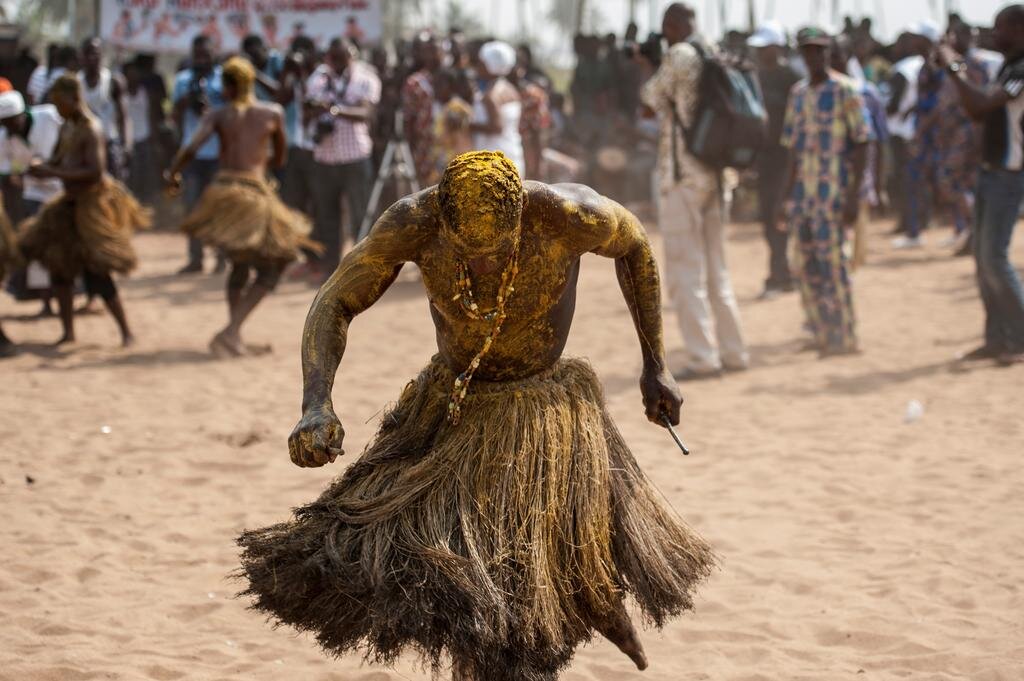
Learn more about Benin.
We want to tell you about Benin, a small country in West Africa that sits on the Gulf of Guinea near the equator. It borders Togo, Burkina Faso, Niger, and Nigeria. Unlike many other countries in Africa, Benin has never suffered a bloody coup and has remained relatively stable since declaring independence from France in 1960. Benin was one of the first countries to qualify for assistance from the U.S.-based Millennium Challenge Corporation, in 2004, because it has "demonstrated a commitment to political and economic freedom, investments in education and health, control of corruption, and respect for civil liberties and the rule of law."
Economy
The economy of Benin remains underdeveloped and dependent on subsistence agriculture, cotton production, and regional trade. The GDP per capita is estimated at $1100, and many people still make less than $1 a day.
Religious & Daily Life
Voodoo is widely practiced in Benin, by an estimated 17% of the population. Approximately 43% of Beninese are Christians, and 25% are Muslims. Food in Benin is typically spicy. Yams, rice, corn, and several vegetables are staples, while people eat fish, goat, chicken, and beef more sparingly. Tropical fruits, including mangoes, pineapples, bananas, and oranges, are abundant.
Education Reform
Benin has recently embarked on education reforms under “Vision Bénin Alafia 2025”,which was approved by the Government in June 2018, the new Education Sector Plan (ESP) for 2018-2030 highlights the government's vision that “In 2030, Benin’s education system ensures that all learners, without distinction, have access to the skills, entrepreneurial spirit and innovation that will make them full-blown/fulfilled, competent and competitive citizens, able to ensure economic growth, sustainable development and national cohesion.”



